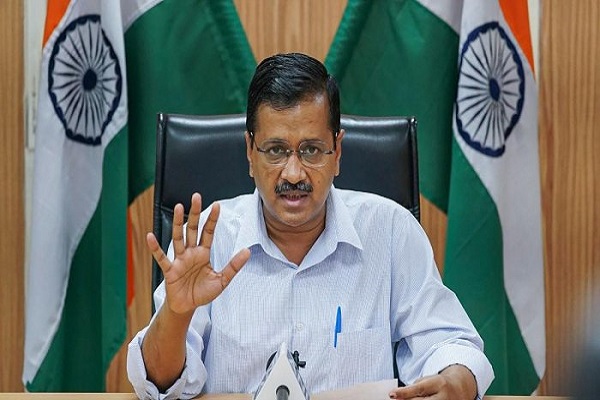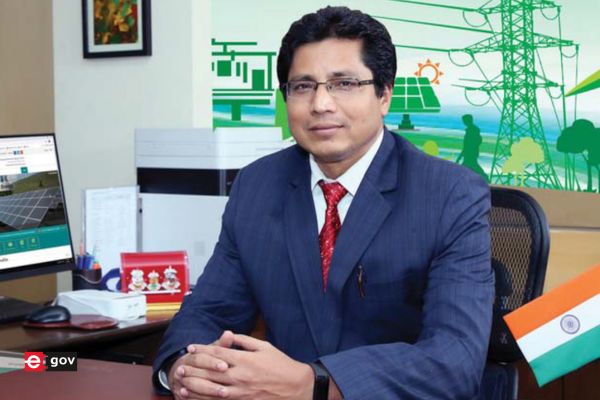
The Delhi Chief Minister Arvind Kejriwal launched the electric vehicle policy for Delhi on August 7 viz today. The CM claims it to be the most progressive and one of the good policies across the globe. The new policy is due to the aim of the Delhi government to kickstart the economy and to reduce the pollution levels in the capital.
According to the government leaders, various EV policies from across the globe has been studied and considered before framing the EV policy for Delhi. Moreover, the government has consulted with domain experts to bring in subsidies and waive road tax and registration fee of the vehicles.
The CM, in a press conference today, said, “We have issued a notification for the electric vehicle policy today… This electric vehicle policy is the country’s most progressive policy and most probably is one of the good policies in the entire world.”

The CM clearly states in the conference that the newly rolled out policy has two motives – firstly to boost the economy and secondly to contribute to the sustainable development goals by reducing pollution levels in the city. Moreover, the policy would help generate jobs in large numbers – driving, selling, financing, charging points, etc, Kejriwal added.
Mentioning the financial benefits for EV buyers, the CM said for two-wheelers, auto-rickshaws, e-rickshaws and freight vehicles, there will be incentives up to Rs 30,000 and for cars, it will up to Rs 1,50,000. Adding on he said, “These benefits are over and above the already existing incentives for EVs under the Centre.”

Also Read: Telangana Cabinet Nods for Electric Vehicle Policy, EV users to benefit
The Delhi government is also to provide incentives on scrapping. This would be a one of kind incentive in the country for replacing the fuel-based vehicle with an EV. Moreover, interest on loans for purchasing EVs for commercial activities will be waived and EVs will be exempted from registration fees and road tax as well, the CM announced.
Speaking on expenses for the incentives and the validity of the EV policy, Kejriwal said the policy will be in effect for three years and will be reviewed from time to time. A state electric vehicle (EV) fund will be set up to bear all expenses related to the policy. Further, an EV board will be set up which will be chaired by the state transport minister.
The Delhi cabinet had given a nod to the Delhi Electric Vehicle (EV) Policy, 2019, with an aim to decrease air pollution by offering subsidies and waiving road tax and registration fee for EVs bought in the national capital.
Delhi has 83,730 electric vehicles out of over 11 million vehicles registered in the city. Of the 83,730 registered EVs, a mammoth 75,567 are e-rickshaws. There are only 908 private electric cars and 3,703 e-two-wheelers in Delhi.
Be a part of Elets Collaborative Initiatives. Join Us for Upcoming Events and explore business opportunities. Like us on Facebook , connect with us on LinkedIn and follow us on Twitter, Instagram.











